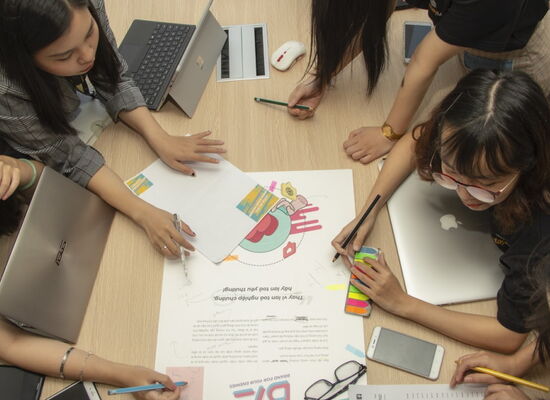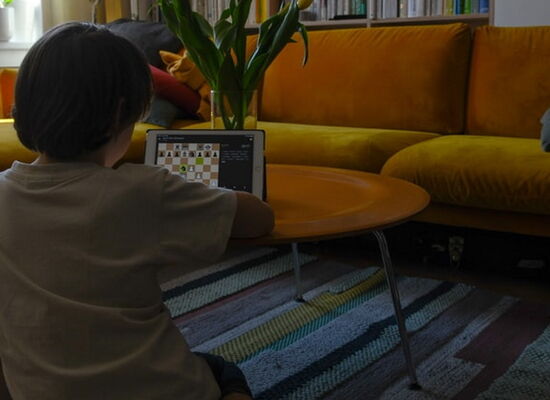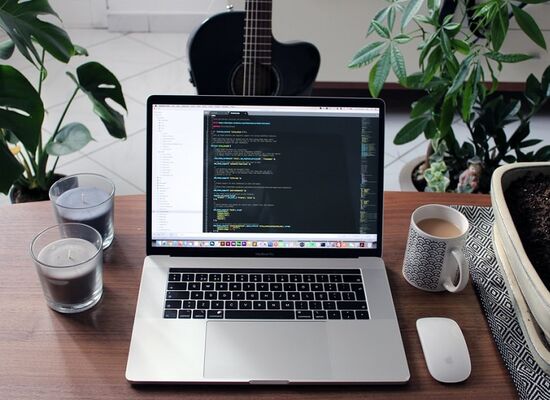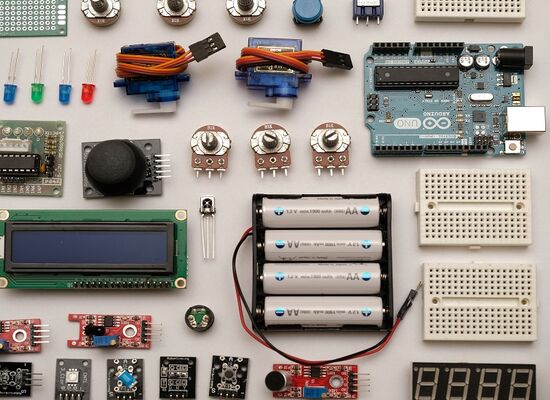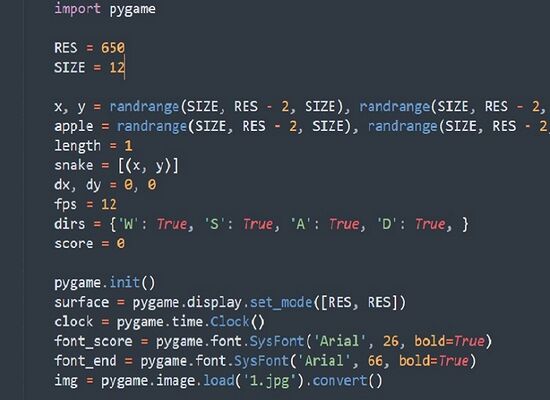Tablet, Laptop or Desktop: What is Best For kids?
12 August, 2021

What should you consider when buying a tablet, laptop or desktop for your kid?
School: Does your child need their device for in-person lessons and working in different settings, or will they be home schooling for the foreseeable future?
Extracurricular: If your kid is taking extracurricular classes, for example coding or design, what technical capacity is required?
Entertainment: What are their hobbies? Gaming, video or photo editing, writing or making music demand different amounts of processing power
Cost: What is your budget? There is a huge price difference between a low-end tablet and a top-of-the-range gaming laptop
Space: Does your child have a dedicated workspace and reliable internet connection?
Remember the old days, when one desktop computer was shared between the whole family? The joys of dial-up internet, squabbling over who’s turn it was, and – if you were lucky – one parent had a work laptop, leaving more screen time for the kids. Now this seems like a world away. We carry the whole world of human knowledge in our pockets and even young kids have limitless access to screens.
It’s now totally normal for a household to have more screens than people: a 2019 Mobile Trends Survey by Deloitte found that each US household owns on average 11 internet-connected devices. It’s not just the number of screens in the household which has changed, but also our kids’ use of them. A 2017 Common Sense Media report compared kids’ media usage over 6 years. It revealed that in 2011, 0-8 year olds spent nearly ¾ of their screen time watching TV, DVDs or videos and just 4% on mobile devices – whereas in 2017, TV time dwindled to nearly 40%, but mobile device use skyrocketed to 35%.
Enter the pandemic. It’s now clear that the days of raising kids in a tech-free environment are gone. Without a screen, kids are disadvantaged in their socialising, extracurricular activities and, most importantly, their education. During the pandemic more than 65% of kids transitioned to distance learning with online resources. Choosing the right device for your child is vital, but if you can’t decide which is best – tablet, laptop or desktop – then we have some guidance for you.

Tablet
Advantages
- Tablets are the most portable type of device. They are very handy to use on-the-go, in settings where kids don’t have access to a desk, or for easily taking notes in class with a tablet pencil.
- As tablets have weaker CPUs, smaller screen sizes and less hardware, their batteries last longer than laptop batteries.
- Some tablets are compatible with plug-in keyboards, which are great for undertaking more intensive tasks.
- For lower-end models, tablets start at much cheaper prices than laptops.
- Tablets are actually more popular than laptops or desktops for 6-10 year olds. A 2019 Comparitech survey found that 34% of 6-10 year olds owned a laptop or desktop, whereas nearly 62% owned a tablet.
Disadvantages
- Due to their screen size, touchscreen, limited processing power and lack of mouse or keyboard, tablets are not suitable for all kinds of activities or multitasking. Would you want to do lots of work on what is essentially a large smartphone?
- Tablets have fewer ports – and some have none at all.
- Their large glass screens are more prone to damage.
Laptop
Advantages
- The main advantage of a laptop is its portability – perfect for working at the kitchen table or in their bedroom, in the library or the classroom.
- You don’t need to sacrifice quality for portability. Top-of-the-range laptops have similar processing power and storage as their desktop counterparts, and games or other large programmes can run without reducing performance.
- If your child only needs basic programmes, like email, internet and word processing, then a cheap laptop with a smaller CPU is fine.
- You can find laptops in all sizes and weights to suit your child’s lifestyle, whether they want a bigger screen and more substantial performance, or whether they’ll be carrying it around in their bookbag all day and want a smaller and lighter notebook.
Disadvantages
- A laptop with similar CPU and RAM to a desktop will be much more expensive than a desktop itself.
- What you make up for in portability, you often lose in functionality. The slimmest laptops – even those which are very expensive – often come without multiple USB, HDMI, ethernet ports or disk drive.
- Laptops don’t have a great battery life. This can be problematic at school when kids don’t have reliable access to a power source.
- As those working from home are well aware, using a laptop for long hours each day is no good for your eyes, neck or posture. If your child has the desk space at home but needs something portable for school, then set up a monitor and ergonomic keyboard on their desk and connect the laptop via HDMI and USB.
Desktop
Advantages
- Desktops are the most powerful of the three, making them much better for running multiple programmes at once, such as gaming, programming, video editing or other design apps.
- As desktops comprise multiple pieces of hardware, they can be repaired more cheaply and easily than laptops.
- They can also be upgraded and customised more inexpensively than a laptop – rather than replacing the entire unit, you can simply buy a new CPU, screen or keyboard, or add an extra hard drive as needed.
- With a hardwired connection into your home network, working on a desktop ensures that poor Wi-Fi connection doesn’t disrupt your child’s learning.
Disadvantages
- Obviously, the main disadvantage of desktops is that they are not portable. The online/offline/hybrid learning situation is unpredictable and you may end up having to buy a laptop as well.
- Setting up a desktop involves buying all the separate parts – screen, speakers, mouse, keyboard, webcam, CPU, and so on.
Photo by Cristofer Maximilian, Carl Heyerdahl, Studio Republic, Anete Lūsiņa on Unsplash


